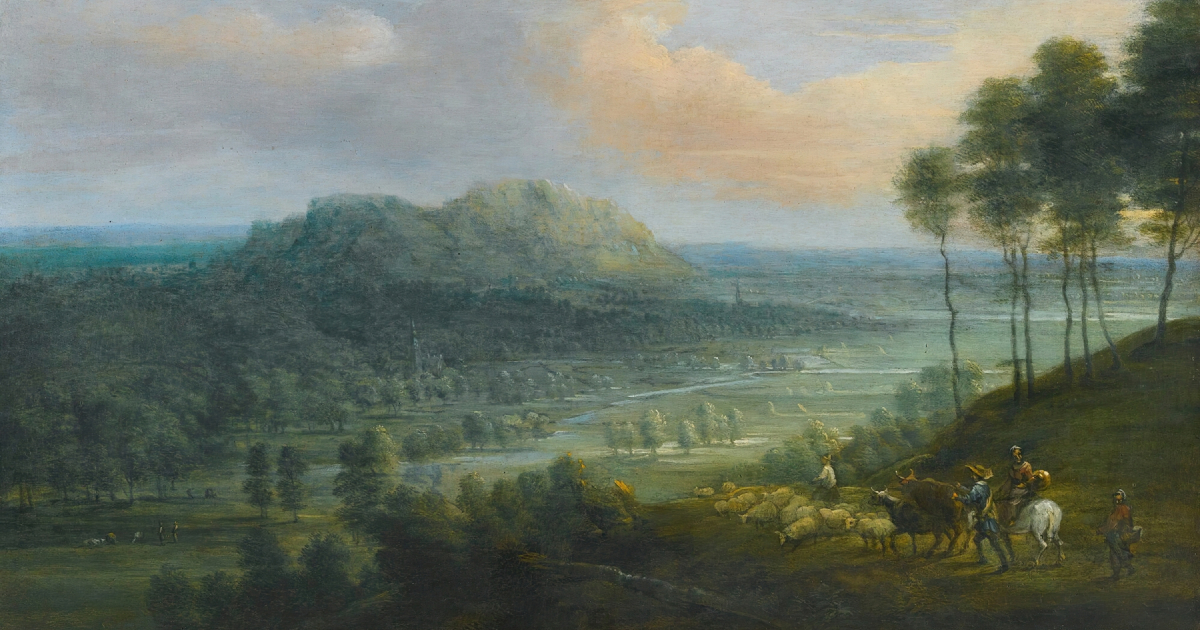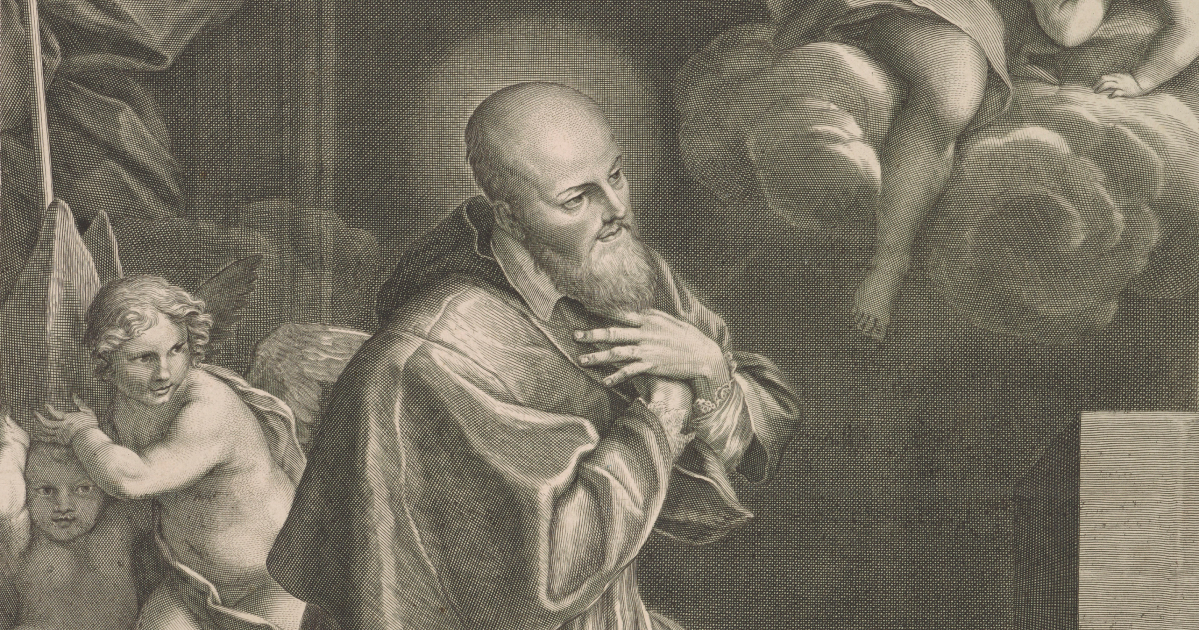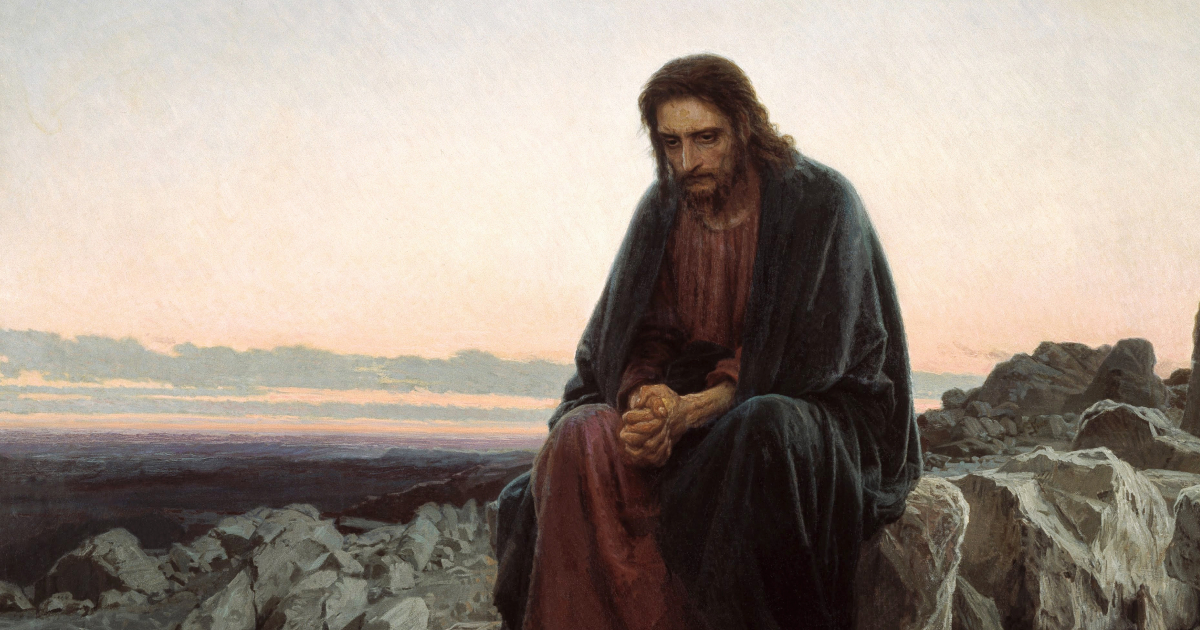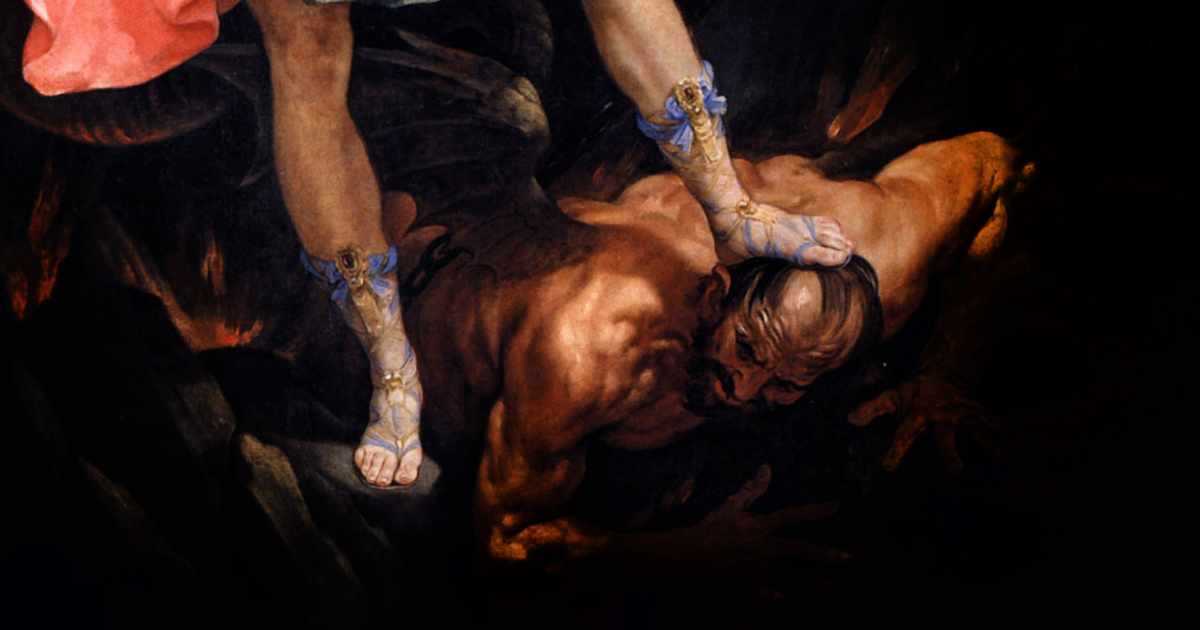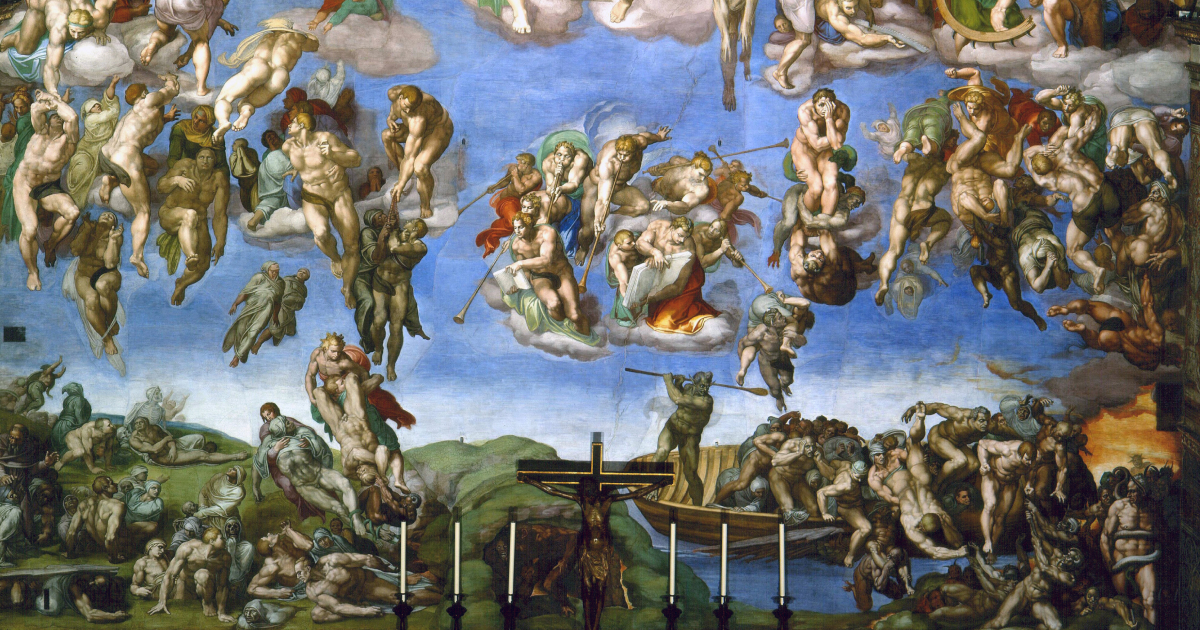On 18 August 2025, a telegram from the Vatican Secretariat of State reached Bogotá, where the bishops of the Ecclesial Conference of the Amazon had been meeting since 17 August.
Signed by Cardinal Pietro Parolin, the letter carried the Pope’s voice with unmistakable clarity. It thanked the bishops for their efforts and laid down three priorities for their work: “the mission of the Church to proclaim the Gospel to all,” “the just treatment of the peoples who dwell there,” and “the care of the common home.”
The Pope also insisted that care for creation must not tip into idolatry. He closed the letter by stating:
“No less evident is the right and duty to care for the ‘home’ that God the Father has entrusted to us as diligent stewards, so that no one irresponsibly destroys the natural goods that speak of the goodness and beauty of the Creator nor, much less, subjects oneself to them as a slave or worshipper of nature, since things have been given to us in order to attain our end of praising God and thus obtaining the salvation of our souls.”
The warning against becoming a “worshipper of nature” marks a turning point in the Church’s handling of ecological questions after the turbulence of the Amazon Synod in October 2019. That synod saw statues of Pachamama, a fertility goddess from the Andean region of South America, placed in the Vatican Gardens and later processed into St Peter’s. At the time, Pope Francis defended the images as symbols, saying they were “without idolatrous intentions.” Critics, including some cardinals, saw them as pagan.
Without naming the synod or the statues, Leo XIV’s message implicitly corrected that episode. The Church, he affirmed, does not bow before nature but stewards it in view of Christ. As Zenit observed, “the most significant part of the message” is his refusal to let ecology become a “new cult.”
The Pope reinforced the point by reminding the bishops that created things exist for a higher purpose: the praise of God and the salvation of souls, a counterview to a theology that risks elevating “Mother Earth” into an object of devotion.
Yet Leo XIV was not merely negative. His telegram urged the bishops to nourish the faithful “fresh and pure” with “the bread of the Good News and the heavenly food of the Eucharist,” insisting that only in Christ can injustice be overcome. “Wherever the name of Christ is preached,” the Pope wrote, “injustice recedes proportionally.”
There was also a notable change in style. Francis often addressed such gatherings with warm personal interventions and video messages. Leo XIV chose distance, opting for a doctrinally precise telegram delivered through the Secretary of State. If Francis blurred lines in the name of pastoral closeness, Leo is tightening them in the name of theological clarity.
For the bishops of the Amazon, the papal message is both a commission and a warning. They are called to defend indigenous peoples and to care for rivers and forests, but not at the expense of evangelisation. Stewardship must not become idolatry, and activism must not displace mission.





.jpg)



